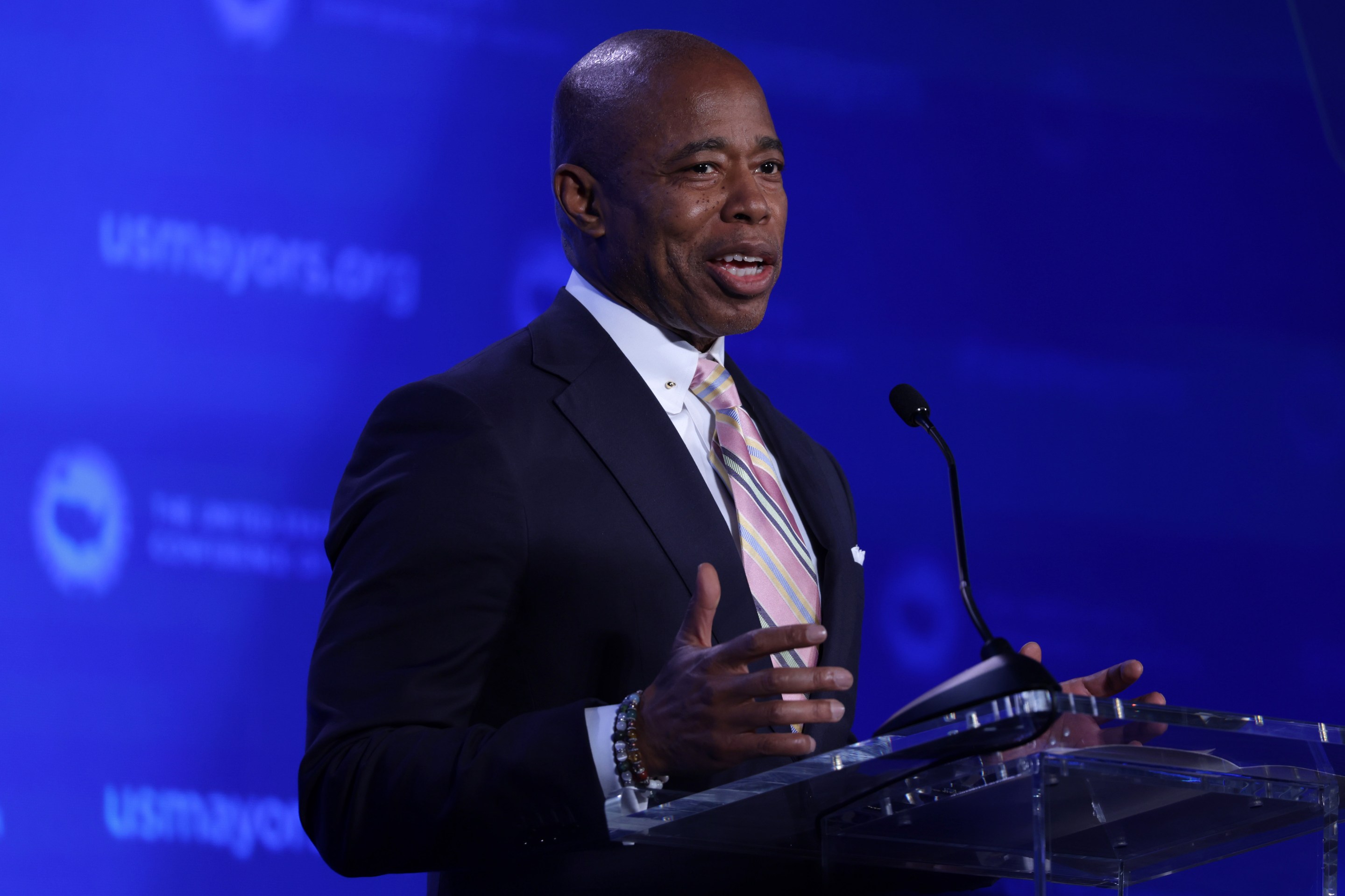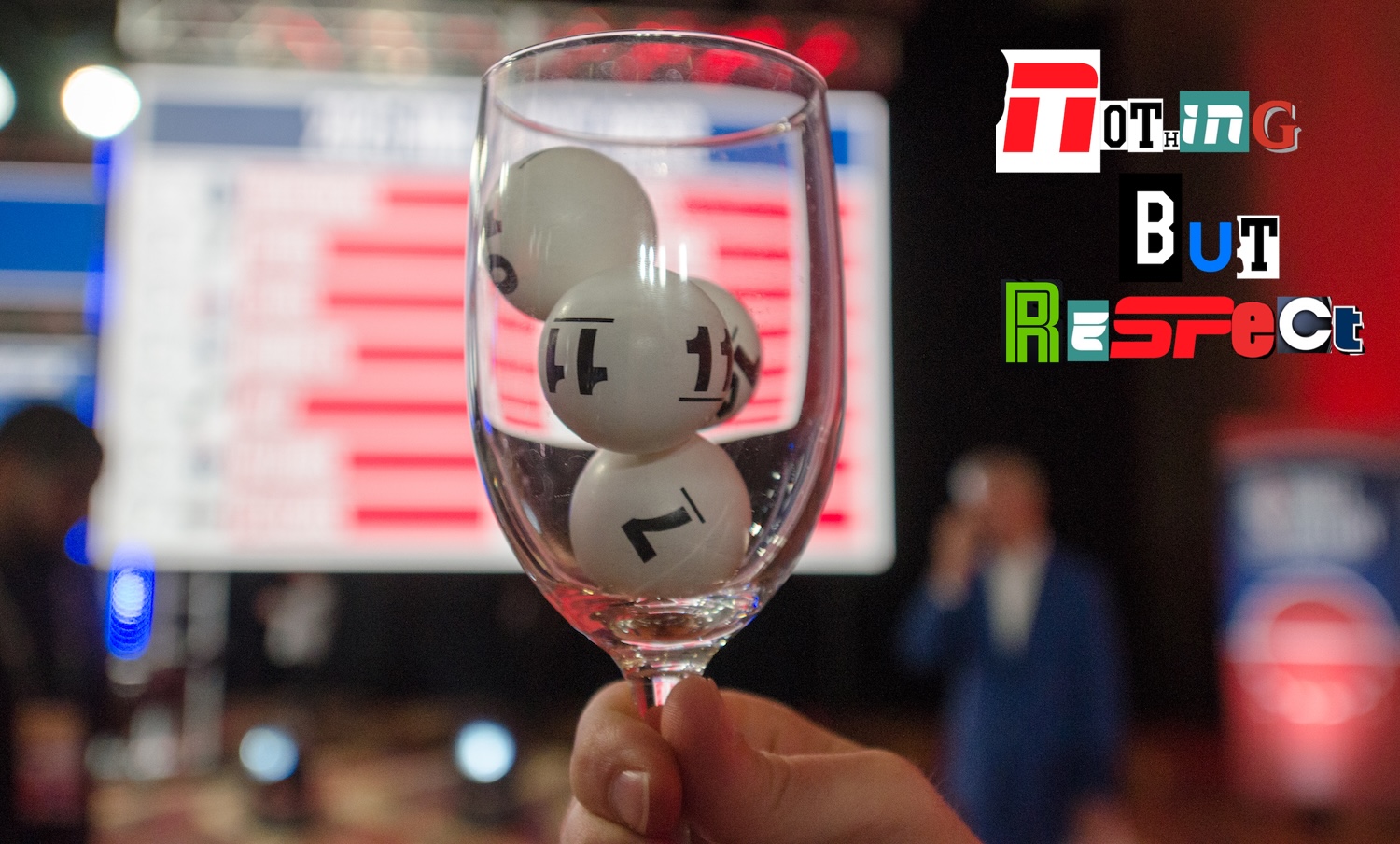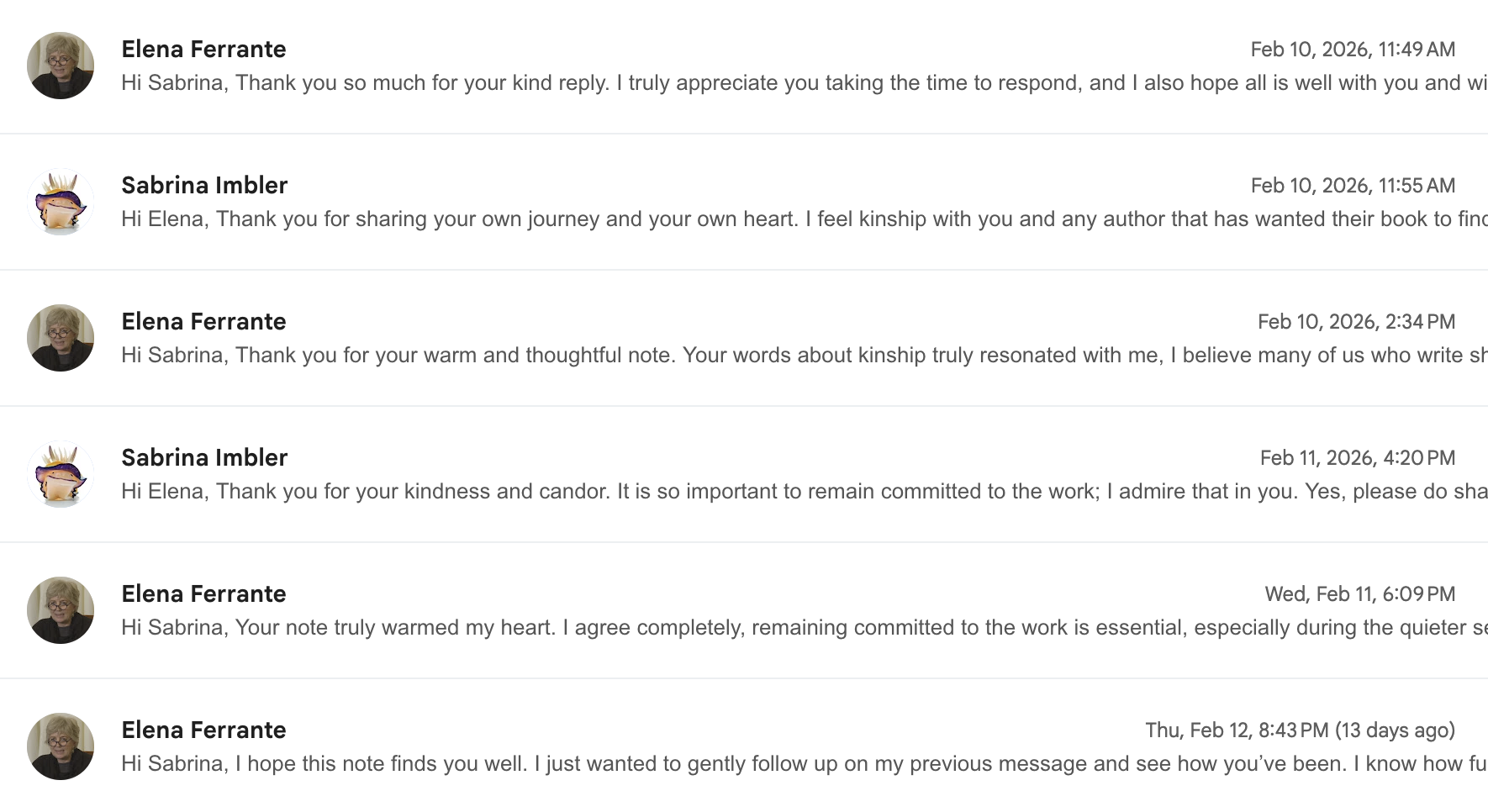If it is increasingly unclear what a big-city mayor actually does, it is also clear that it is not very important. The job is not entirely ceremonial, although it does require a notably large amount of standing around in windbreakers with the word "mayor" stitched on them. There are practical demands like being driven around in cars and periodically getting humiliated by and/or extending generous pay-raises to the sprawling police forces that behave in every way like the main characters of daily life. What is left for the contemporary mayor is more or less being someone that most everyone in the city recognizes and is allowed to complain about. There are worse jobs, but also many better ones.
It has become popular for cities to elevate their most unsettlingly self-assured resident to the mayoralty; this keeps those people from making trouble in another more important job, but also leaves them free to cultivate and pursue weird feuds with vital administrative institutions when they might otherwise just have been accusing a Qdoba worker of having "snubbed" them in a series of 1,300-word Yelp reviews. But because the warily self-interested institutions and defective gentry and various industrial cartels that are in charge in every city will tend to remain in charge, the job is limited. There is nothing much that Eric Adams will be asked to do as New York City's mayor that couldn't be done just as well by, say, Mr. Met.
There would be unique challenges to a Mr. Met mayoralty. It's unclear what kind of relationship Mr. Met has with the city's leading real estate developers, and the size of his head makes getting into and out of even larger vehicles a significant challenge. It is probably more practical to focus on New York's actual mayor. Adams fits squarely into the Just Elect The Weirdest Person In Your Town trend, and has taken to the mascotesque aspects of the job with zeal and weird confidence. Adams is a vibes guy, and if those vibes are strange—if he is prone to referring to himself in the third person in volumes that would make Rickey Henderson blush, if he is the sort of guy who drives home at 4:18 am and parks his car blocking a 24-hour driveway and then blithely gets around the traffic jam he's created the next morning by driving his car down the damn sidewalk—those vibes are also distinctively his own. Adams's central pitch to the city, and to the national audience to which he clearly aspires, is that the power of his vigor and vibes will not merely exorcise the grim fug left behind by his peevish and reluctant predecessor but also get New York back on track by inspiring every resident to unlock the wonder-working power of swag and so feel a bit more like Adams himself.
A complicating factor here is that, while Adams really does seem pretty happy to be Eric Adams, he also tells a lot of strange lies. Some of these are more consequential than others, but these dishonesties range from decently consequential stuff about familiar governmental graft to weird picayune lies about weird, picayune things. The strangest of these, for many, has been Adams's longstanding insistence that he is vegan. Adams has made his dedication to what he calls "a plant-based centered life" a pillar of his personal brand, which is admittedly an extremely vegan thing to do; it also appears to be the only remotely vegan thing about him. This is all absolutely fine, of course. Most people are not vegans, and many people who are vegan are at least occasionally not vegan when the spirit moves them, and eating healthier has clearly helped Adams live a healthier life. Adams wrote a cookbook/memoir about it called Healthy At Last, and Papoose and Fat Joe contributed blurbs to it. None of this—just absolutely none of it, not a blessed whit—is anything that any sane person should care or indeed even know about. But because Adams is and has been so odd about it, and because he is the mayor, it has become a thing.
None of this is really news, either in the sense of being new or being noteworthy. When Adams met with prominent New York Republican types last summer, his spokesperson announced that he ordered eggplant parmigiana, which famously has cheese on it. That didn't attract much attention at the time because, 1) again, who could ever fucking care and 2) the scene-stealing presence of what appears to be a David Cone Impersonator in the deeply strange photo of the event.
Eric Adams dined this evening at Rao’s with John Catsimatidis and Bo Dietl pic.twitter.com/bV0LPiPQc5
— David Freedlander (@freedlander) July 9, 2021
But the story of whether Adams adheres to the diet he claims saved him from diabetic blindness persisted, because he kept talking about it—"I started to see that when you’re eating the soul of a living being, you are also internalizing all the trauma," Adams told Meditation Magazine in December—and also because he kept meeting with scammy-scuzzy local political figures in fancy restaurants and ordering fish. Adams knows that this kind of thing can be useful, if only because every news cycle fixated on the mayor's stance vis-a-vis arctic char is one that is not fixated on anything more consequential. As with every other politician that has mastered this approach, it's unclear how much of it reflects the heedless headlong improvisations of a sloppy and heroically self-absorbed person and how much of it is just a showman's gift for misdirection. Eventually it becomes hard to see a difference.
Either way, it works. That is something everyone already knows—a man was elected president doing this not long ago—but Adams is clearly counting on it to make up for all the things he can't, or anyway almost certainly won't, do as mayor. Healthy food really is much harder to find in lower-income neighborhoods than in higher-income ones; black and brown people in the city Adams governs are much more likely to have to do their grocery shopping at bodegas than at supermarkets. On Monday, Adams announced that the city would expand a pilot program centered around building healthy habits in people with health problems. How far it will be expanded and how much the city plans to spend on it was not announced. When a reporter from Gothamist asked Adams what he would do "to make healthy food more accessible to low-income New Yorkers, Adams replied that healthy food being expensive is 'a myth' and listed some recipes that could be made with a $2 bag of lentils."
Some of this is just Adams being Adams—a combination of familiar outsourced-austerity nonpolicy and musty bootstrappery delivered via the high-voltage freestyle riffage that is the mayor's normal mode of communication. "You take someone hooked on heroin, put them in one room," Adams told the assembled press on Monday, "and someone hooked on cheese, put them in another room, and you take it away, I challenge you to tell me the person that’s hooked on heroin and who’s hooked on cheese." It is a statement to which one can only say: indeed.
.@NYCMayor is now cooking chili and speaking of the dangers of fats pic.twitter.com/mDVeSjfKJA
— Chris Sommerfeldt (@C_Sommerfeldt) February 7, 2022
And yet none of this was the story, or the part that Adams really seemed most exercised about. There was still The Fish Question, which had long since superseded all others—the coverage swiftly went from asking "why is the mayor dining with the disgraced former governor or convicted money launderers?" to "did the mayor get the skate at his dinners with the disgraced former governor or convicted money launderers?"—but still needed to be addressed. "Does Eric eat fish? Does he eat a hamburger? Does he do this? Does he do that?" Adams said on Monday, "Ignore the noise. Don’t worry about what’s on Mayor Adams’ plate. Put these items on your plate because I’m living a healthier lifestyle." Later that day, Adams issued a statement clarifying that while he "aspire(s) to be plant-based 100 percent of the time," he remains "perfectly imperfect, and [has] occasionally eaten fish."
That Adams might finally have been telling the truth here seemed less meaningful than—well, less meaningful than almost anything else imaginable. That he stuck with these strange lies long after they were revealed as such is, let's say, not promising. But this is also how this job works, or anyway how it goes—the things that will not change are understood as such, all that backroom scuzz is taken as a given, and so more or less for granted. As a result, the questions—the only questions that remain, really—become so siloed and so silly, and so obviously insignificant, that it doesn't really make a difference if the answer is the truth or something neater. It winds up being a matter of taste, or just what you're willing to eat.






